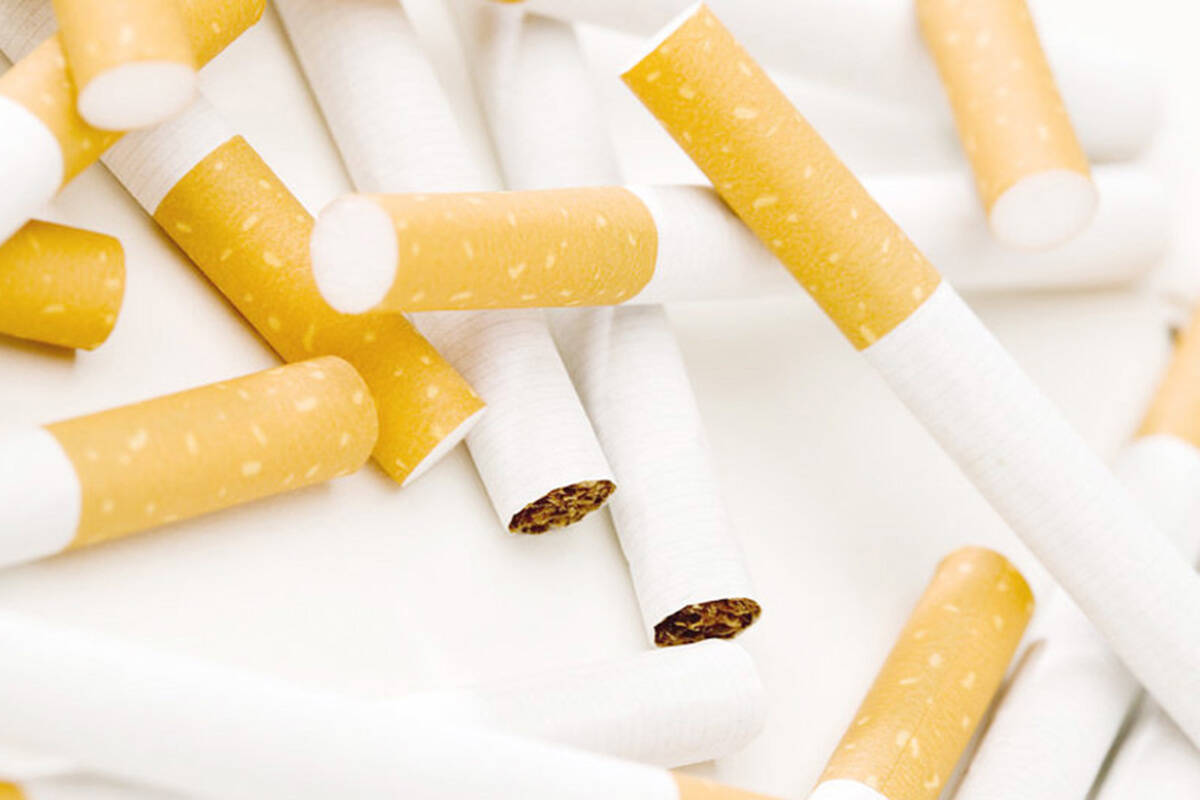Suspensions due to tobacco policy violations accounted for more than 1,800 days lost from school in Alaska during the 2018-2019 school year, according to a new report from the Department of Health and Social Services.
“Evidence suggests schools that use harsher punishments may reduce graduation rates for all students in their schools,” the DHSS report from Dec. 6 stated. “Research shows there are no short- or long-term academic benefits for the entire student body by removing disruptive students, including those who were suspended for tobacco or e-cigarette use.”
The more than 1,800 days of school lost statewide in 2018 and 2019 were due to 781 total suspensions.
DHSS suggested that schools across the state consider alternatives to out-of-school suspension, engage parents and students in discussions about discipline practices, and invest in mental health resources for students.
Pegge Erkeneff, the communications director for the Kenai Peninsula Borough School District, said via email that the district has used an alternative program to keep students in school for many years.
INDEPTH, which is outlined in KPBSD’s 2021-2022 student handbook, is an educational program for students who violate the school’s tobacco-use policy.
The KPBSD policy states that use of tobacco products is prohibited on school property or during school hours, at school-sponsored events or under the supervision of district employees.
Additionally, clothing, bags, hats and other personal items displaying, promoting, advertising or delivering tobacco products are prohibited.
The district Board of Education earlier this year updated its policy to clearly prohibit district administrators, staff and visitors from displaying tobacco products at school-sanctioned events.
According to the American Lung Association, the INDEPTH course is taught by a trained adult in four 50-minute sessions that address different tobacco-related issues and present alternatives to tobacco products.
Additionally, the N-O-T program offered in KPBSD schools is a nine-week course consisting of 10 separate 50-minute sessions aimed at helping students quit using tobacco products and the Canvas E-Cig Mini Course involves students in conversations around vape usage.
Erkeneff confirmed Monday that tobacco offenses among KPBSD students have fallen in the last few years.
“The national (Youth Risk Behavior Surveillance System) survey was not done last year due to the pandemic, or this fall, so we don’t have current self-reported data,” she wrote in an email. “The tobacco offences data was presented to the school board earlier this fall for first quarter of this school year, and reflects a slight drop.”
According to the report from the DHSS, one in four Alaska high school students vape.
The Youth Risk Behavior Surveillance System is conducted by the Centers for Disease Control and Prevention and monitors six categories of health-related behaviors that contribute to the leading causes of death and disability among youth and adults, according to the agency.
Reach reporter Camille Botello at camille.botello@peninsulaclarion.com.

